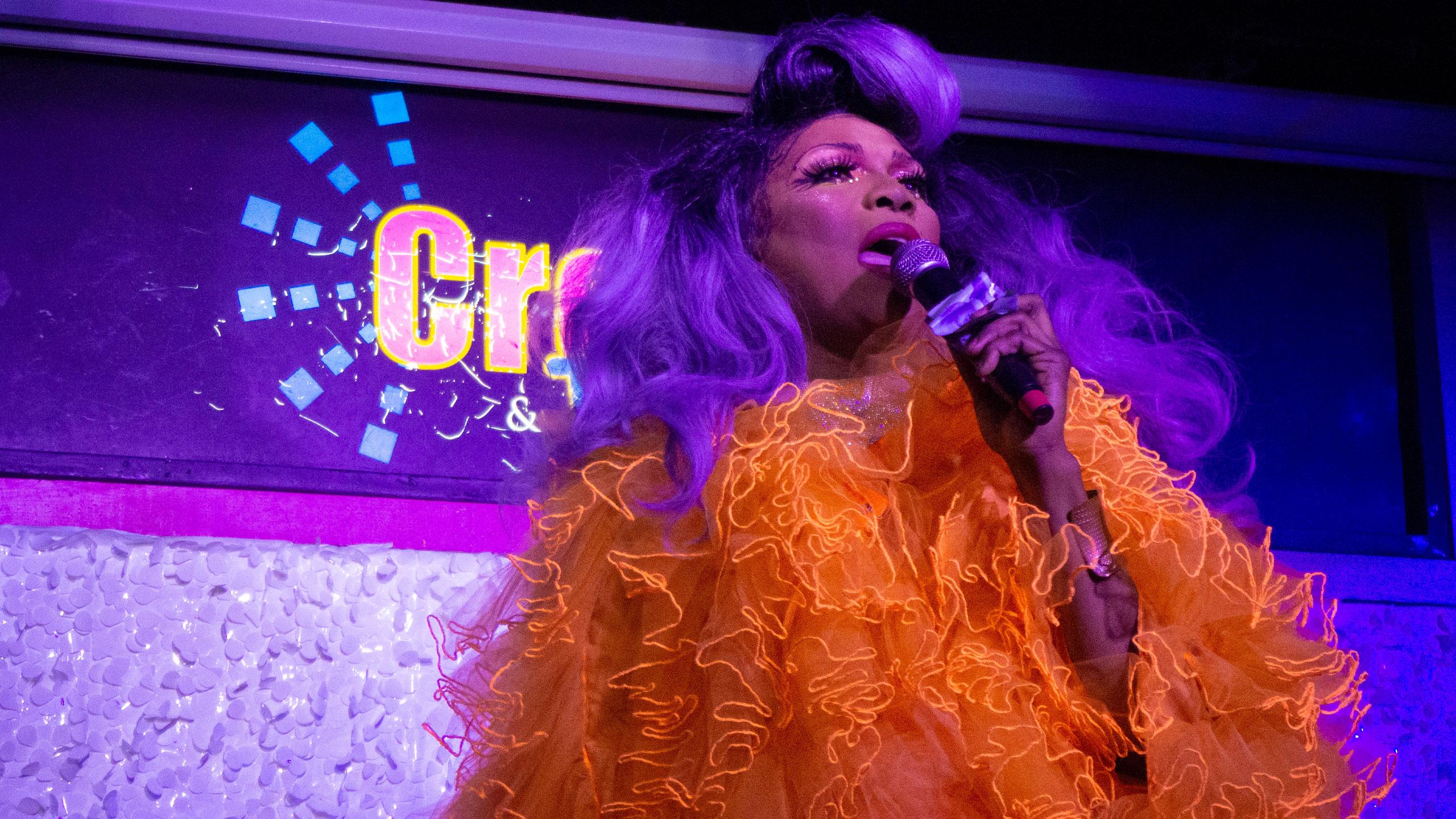Members of Rye’s queer community weigh in on the bachelorette ban at Crews and Tangos and what it means to share queer spaces
By Jack Wise
In September 2019, the popular drag bar Crews and Tangos stopped booking bachelorette parties.
Crews and Tangos is one of the few queer safe spaces in Toronto that have made the decision to ban bachelorette parties.
Bachelorette parties set in queer spaces have become popular with increased interest in drag performances.
However, some Ryerson students feel people need to have more awareness when entering these spaces.
Jeremy Bland, a third-year philosophy student, feels that for those outside of the queer community, there are an abundance of welcoming nightlife locations—a privilege that LGBTQ2IA+ individuals don’t always enjoy.
“We really shouldn’t have to walk away from our own spaces”
He said that because of the marginalization the community has faced, it can feel daunting to designate something as a queer space, but it’s important in maintaining a safe environment.
“I think for a long time we’ve been used to it, and I think we can often still be apprehensive to unapologetically take up space,” he said. “We really shouldn’t have to walk away from our own spaces.”
Bland previously had a negative experience at a mainstream club, when he and his partner at the time were made to feel unsafe by a group of men watching them dance. He says incidents like these are a common occurence for queer indivduals in a mainstream nightlife setting.
Queer people have a lack of safe spaces to frequent, especially those geared towards queer women, according to the Washington Post.
For this reason, he said it’s frustrating when he brings straight friends into queer spaces who take them for granted, because he feels viewed as a pass.
Rene Lennox* agrees that there is a problem with LGBTQ2IA+ spaces being perceived as “eccentric” by those outside queer communities.
“There is a normalization of the idea of LGBT spaces as kind of a quirky, weird place for cis, straight people to go to have a party,” said the second year RTA media production student. “I think there’s a certain amount of fetishism there, of our identities.”
Lennox said it may be difficult to ban bachelorette parties in queer spaces without drawbacks towards those who are questioning, have straight friends or are part of bisexual, asexual and transgender communities.
“There’s no way to prove a person is straight or cis,” they said.
Lennox said that such a ban could cause issues like bisexual erasure for non-visibly queer people.
“You’re a guest, and not just the first time, but each time that you go into these spaces”
Bisexual erasure is an issue where the existence of bisexuality is ignored, according to queer media organization GLAAD. For example, bisexual individuals with an opposite sex partner, are often wrongly called straight. This occurs even though bisexuals are the largest group within the queer community.
Rather than an outright ban, Lennox says clear rules against homophobia and rude behaviour should be in place to mandate appropriate behaviour within these spaces.
“[A queer bar] is an LGBT space and even if straight people are welcomed into it, they need to be respectful.”
Bland also feels it comes down to acknowledging the purpose of the space and holding each other accountable.
“It’s a privilege to be in that space,” Bland said. “You’re a guest, and not just the first time, but each time that you go into these spaces.”
*Name changed for safety and anonymity













Leave a Reply